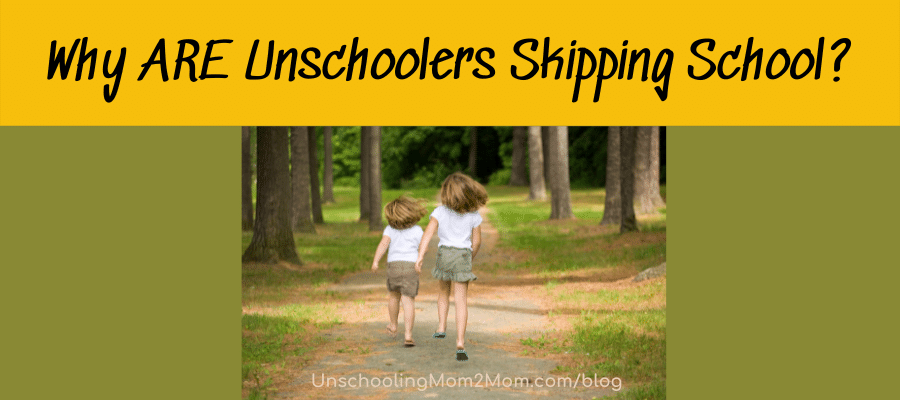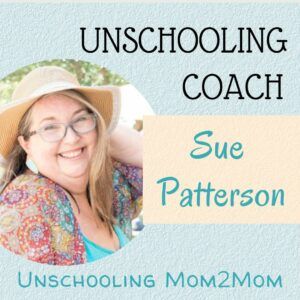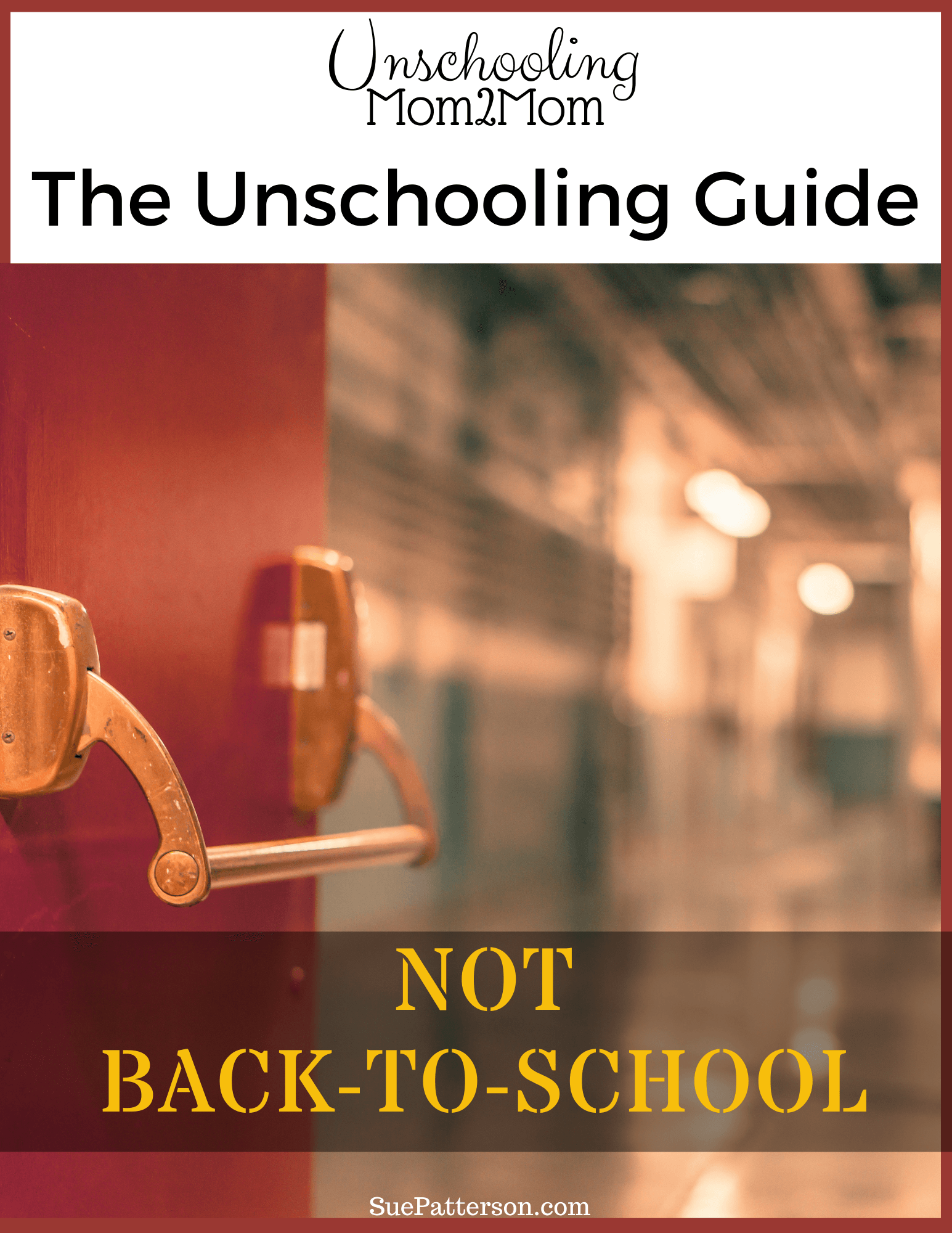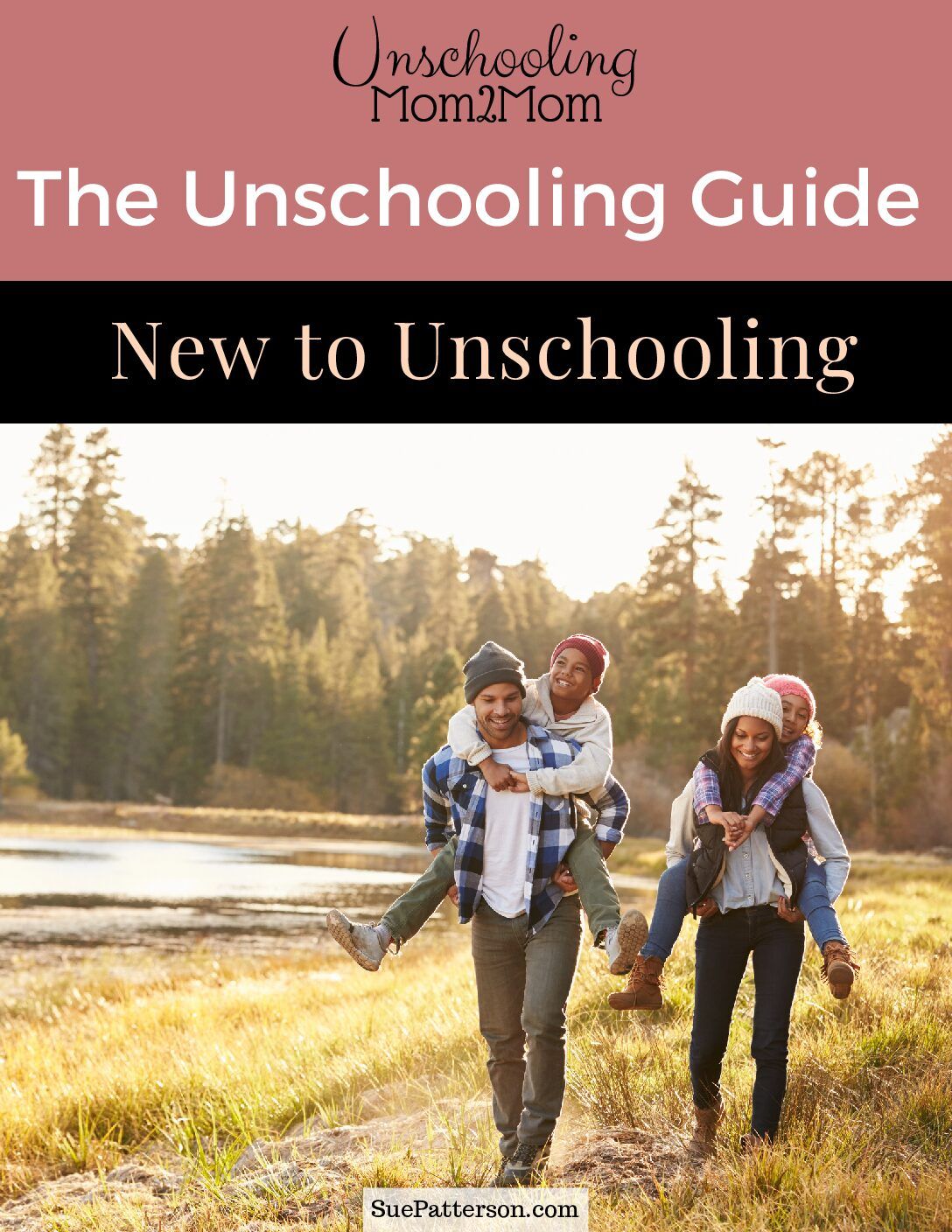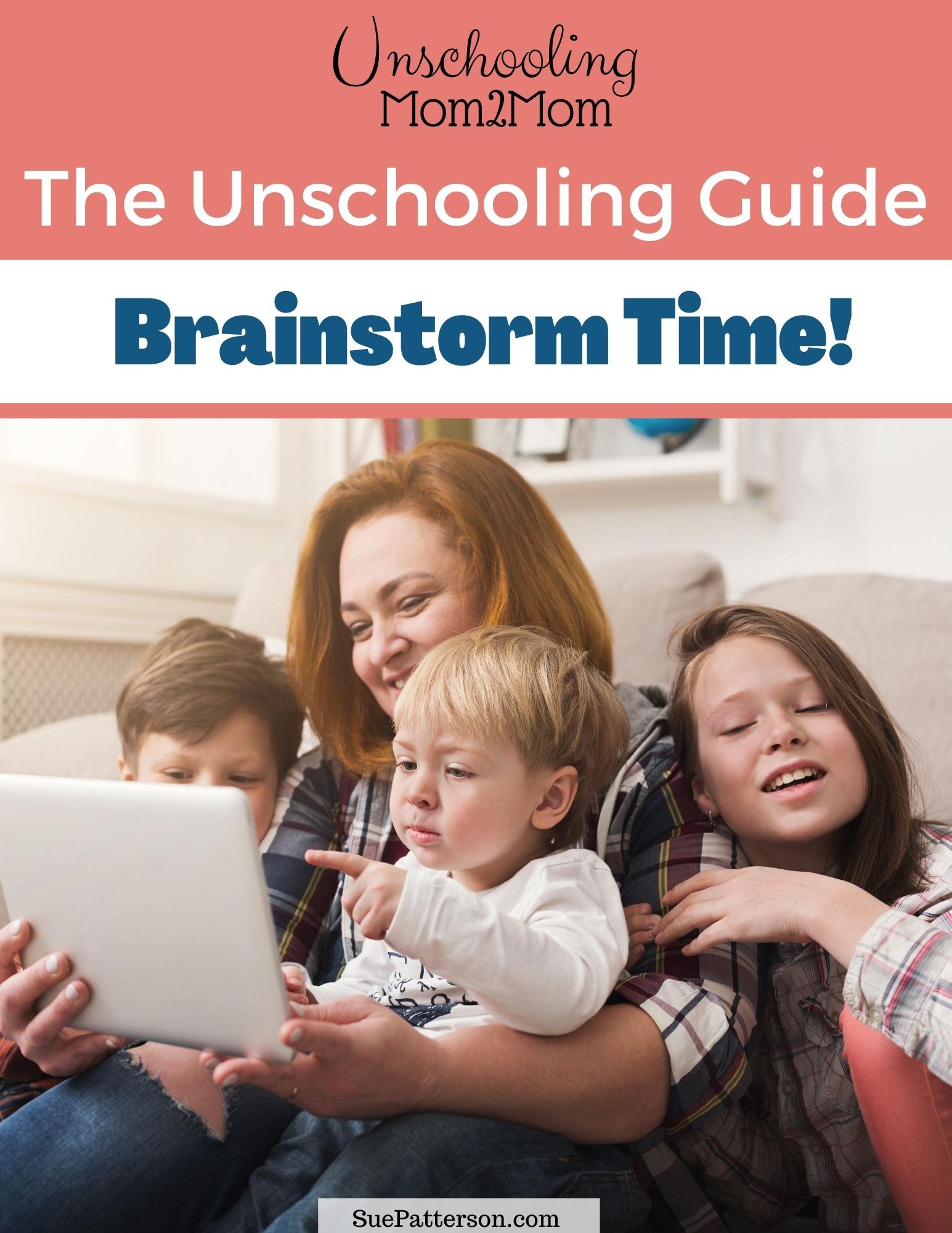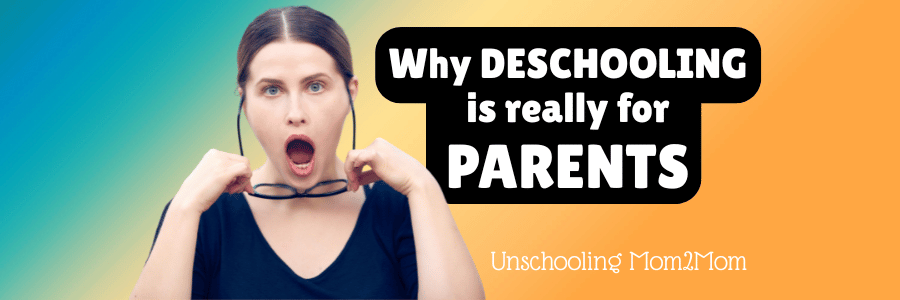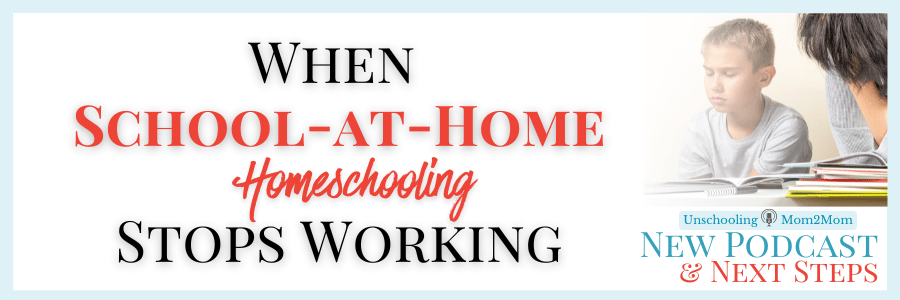Why Are Unschoolers Skipping School ?
NOT-Back-to-School - 2025 Cohort
Starts August 11th!
Podcast Transcript
OK, this week will be a little controversial. But the truth is, unschoolers choose NOT to go the typical mainstream way because we obviously think that school is not the best choice. Every family gest to choose for themselves.
But this makes people uncomfortable.
It makes people feel judged.
And that’s not the goal of this at all. You are here on this podcast because SOMETHING draws you to this unconventional approach to learning and parenting. And while most of the time, I’m in the camp of “Sing the praises of unschooling without slamming schools,” this month, I have to talk about the elephant in the room.
This is the month that GOOD parents choose to take a deep breath, consider the school process inevitable, and rationalize why they should continue down that path.
AND, this is also the month that GOOD parents also choose differently.
Before I go any further, let me also say that no choice is permanent. You can be a PTA-supporting, cupcake-baking die-hard for the local school this year, and then see that it’s not working for your kid and shift gears. Or the reverse, you can choose to keep the kids home, have a “gap year” so to speak, and just take a break from it. You pay taxes, they’ll always take your kids back. So know that your decisions are not in stone.
For this podcast, I want to talk about reasons you might want to step away from schools.
You probably have your own list. I’d write your list down - your own personal reasons why the school approach is not for you and your kids. It will help you when you have a wave of second-guessing or doubts.
I’m Sue Patterson, your host here at the Unschooling Mom2Mom podcast. I have a few resources that can help:
Unschooling resources and support
that are just a click away!!
I can help you figure out
how to make this work.
Twenty-five + years ago, my family walked away from school. And we were as mainstream as you get!
But school was not the best place for my happy go-lucky kid, who was beginning to hate all things that had a “whiff” of learning or education. He was worn out from a monotonous day of reading in unison off the chalkboard and shelving his curiosities so he could do what the teacher said. I couldn’t imagine another 11 years of this.
So we jumped ship.
And as an interesting fast-forward to his educational journey, this week, he graduates with an MBA. And he didn’t do any traditional schooling or homeschooling, textbooks, quizzes, or subjects after 1st grade - until he went to college. I have 2 other delightful now-grown unschooled children following their interests, buying homes, raising families - all “the things” for 20- and 30-year-olds. And I want you to know that you do not have to stay stuck if school is not fitting your kid.
We always thought, “If this stops working, we’ll send them back to school.”
But it didn’t stop working. The youngest did try high school for a year and half, and she had no problem stepping into that world. The other two had no interest in going back to a school setting.
5 Reasons to Avoid School
But here are five reasons you may not have considered. And you may think of more - feel free to tell me in the comments at the podcast platform or at the website where the transcript will be stored.
1. School conditions you to be a People Pleaser.
Whether it’s gold stars, A’s, or teacher approval, the Learning is not front and center. The Approval Factor is. And many of us carry this with us into adulthood. Yes, lip-service is given to “resisting peer pressure.” But isn’t it peer pressure when the teacher says, “We’re not going to recess because Johnny is acting badly. Class, you can thank Johnny.” Cringe-worthy for sure. But we know it happens. We witnessed it ourselves.
2. You learn that Mimicry and Performance matters most.
Learning to perform is more important than internalizing the information. You copy, and regurgitate - and promptly forget the information because it had no relevance to your life or context in your world. The brain weeds out information it doesn’t use or need.
3. Your self-esteem relies on competition.
Your class ranking, your grade, how you compare to others around you - these all matter more than your own personal best. Or your own competence. You may get a 92% on the Friday quiz, but when your classmates beside you come in at 96%, you are no longer pleased with your score.
These kinds of situations become school-kid realities. Not Real World realities, but the frequency and repetition create those stories we tell ourselves for a long time. “I’m not THAT smart.” “I’m not good at math” or science, or whatever. And that takes us to the next point…
4. You learn that failure is a source of shame.
And you learn ways to bluff or deflect so people don’t notice your shortcomings. And any time your insides and your outsides don’t align, we create uncomfortable situations. No wonder many of us came away with a lot of anxiety! But an equally problematic part of this is that it keeps us from trying new things or being innovative. We want to play it safe so we never have to experience the shame of trying and not having it work out. When in fact, this is just data for the next attempt at something. But schools don’t help us see it this way. Getting it right - and doing it as quickly as possible - that’s the goal in the classroom.
5. You learn an over-reliance on authority.
Those who are “good listeners,” or integrate any of these other characteristics I’ve just mentioned, are rewarded. Those who want to explore other ways to solve a problem, or have a desire for something more creative - nope! Don’t do that in this classroom. Our natural curiosity and creativity is squashed and we are redirected to simply follow directions. No deviation. Stay in line.
I could list all kinds of reasons why classrooms operate like this. They have a lot of kids that have to be moved from Point A to Point B - intellectually and sometimes even physically. But these five reasons may make a person pause and think about whose best interest isn’t being valued here? The Learner or the System? And I know, I’ll hear from teachers or friends of teachers who will tell me all the creative ways they attempt to mitigate these scenarios in their classrooms. But they can’t really deny that these situations still exist - even in the most progressive classrooms. And, it’s my belief that the System, as an entity, hides behind these good teachers who are trying to have a positive effect on the lives of their students.
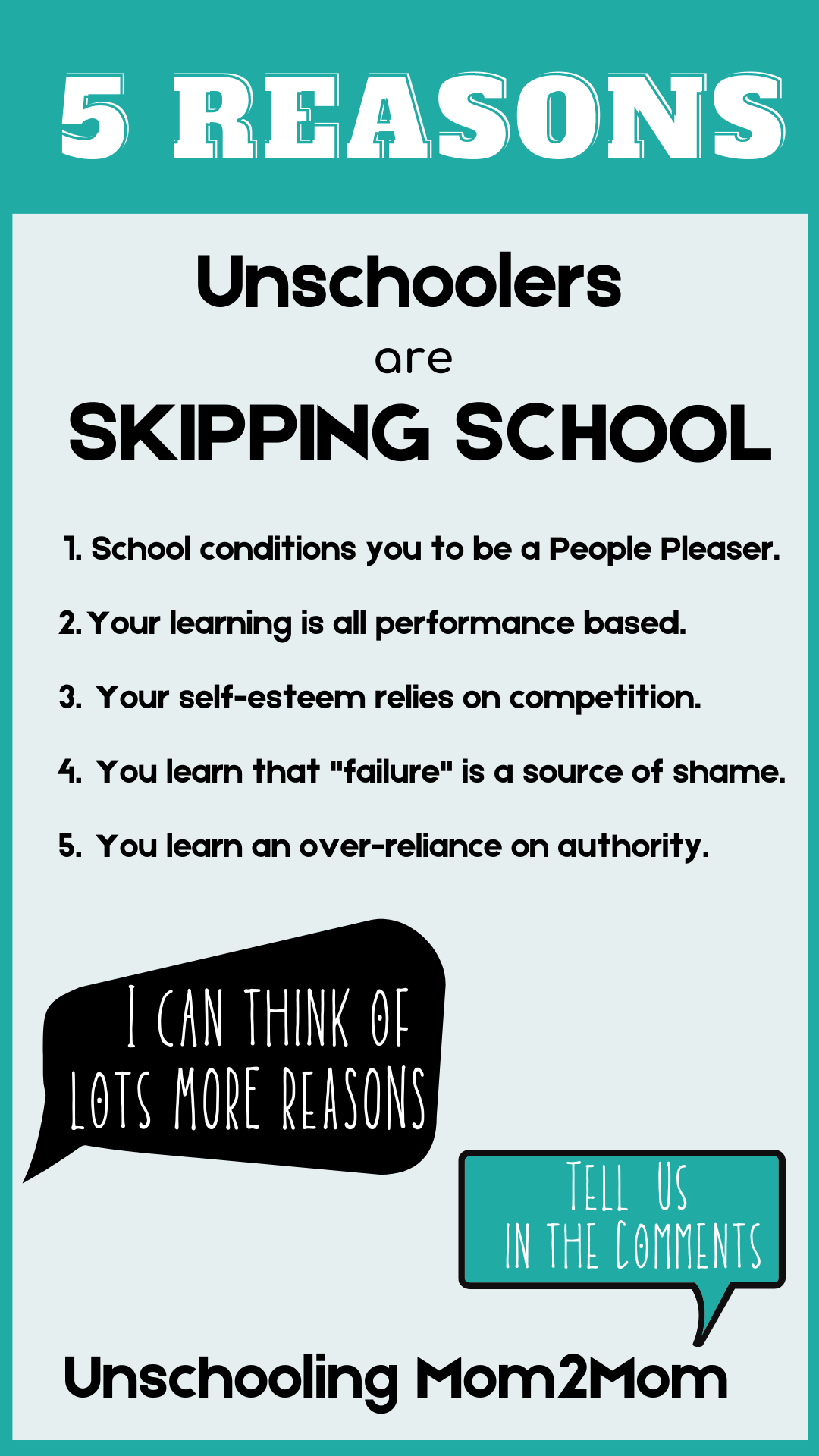
Focusing on SOLUTIONS!
I don’t want to list all these problems without mentioning how unschooling is a SOLUTION to these situations!
- Unschooled children are allowed to follow their curiosities and interests. They have an adult nearby who finds resources and encourages them to discover and explore. Yes, it can be messy. But real learning is messy!This kind of behavior helps unschooled children develop confidence in their unique strengths. If they need to memorize something, it’s because it helps them move through their lives with ease. Not because someone said that “someday they might need it.”
- Unschooled kids see mistakes as simply data to help them with the next time they’ll face the situation, or something similar. They learn to problem solve without feeling defensive of their choice or having it weigh too heavily on them. It’s the Scientific Method at work. You know that scientific theories have YEARS of being disproven before they hit on the correct answer. They deliberately seek out the flaws, so they can see how to fix the theory. And that’s how you can live your life if you’re not always worried about what people think if you do something wrong. That doesn’t mean kids aren’t going to get frustrated - but unschooled kids have parents nearby that can help them navigate through. They don’t have to create all sorts of maladaptive coping skills because they still have 6 more hours before they get out of that classroom!
- Also, unschooling doesn’t mean that all learning has to be self-discovery. Unschooled kids seek out those with more experience or skills than they have - in order to accomplish what they want to do. But there’s not an over-reliance or blind obedience to authority that is encouraged in schools. Unschooled kids have the opportunity to learn to become critical thinkers. They can look at what people say, and weigh out the facts. We could all use a little more of that, right?
So...these weeks where much of society is focusing on getting the kids back to school, it helps to clarify why we aren’t going that direction.
Let's Get Connected!
Over in the free Facebook group (this is our link for last year - 2022)
, we’re posting “first day of school” unschooling pictures. If you want to hop over there and share your kids adventures, or sleeping in, or leisurely brunch - whatever is happening at your house, please do!

